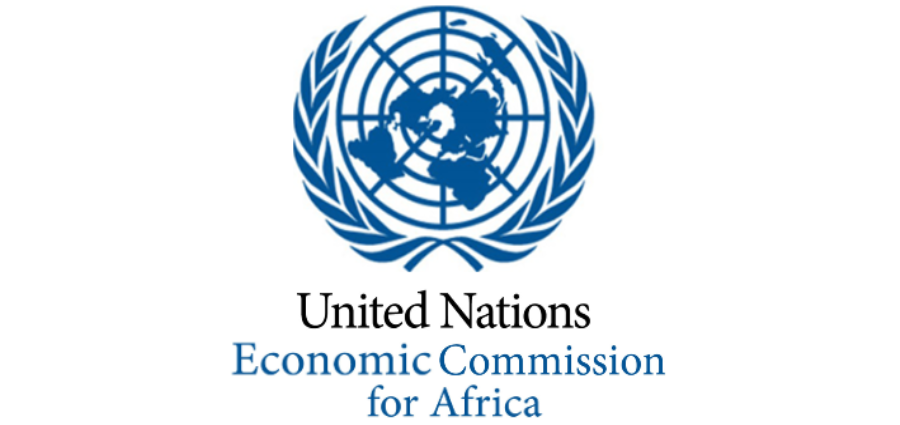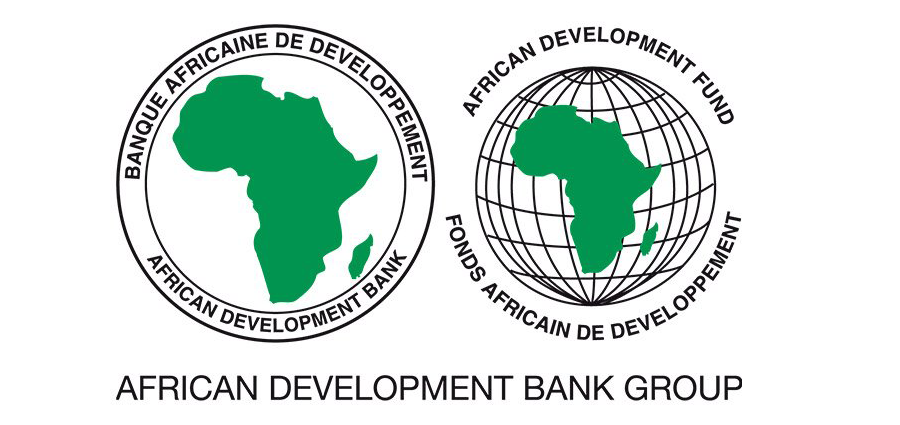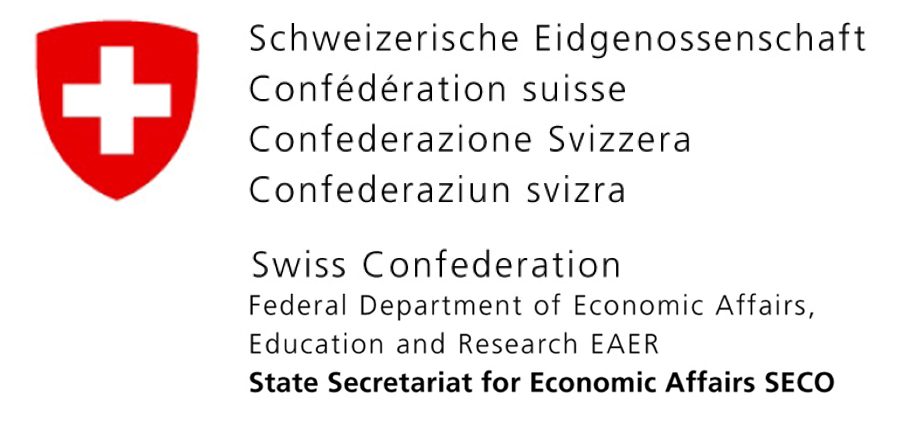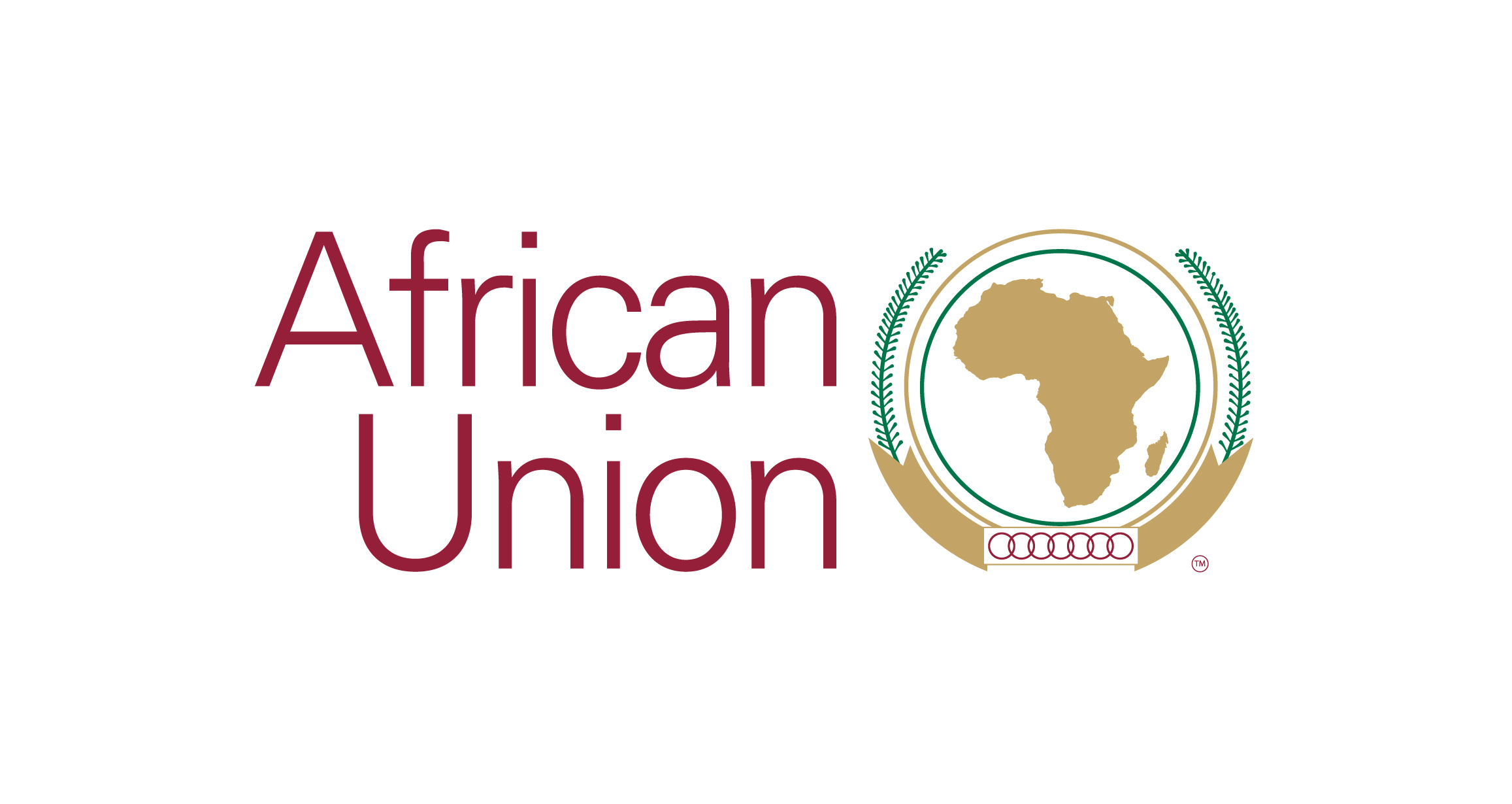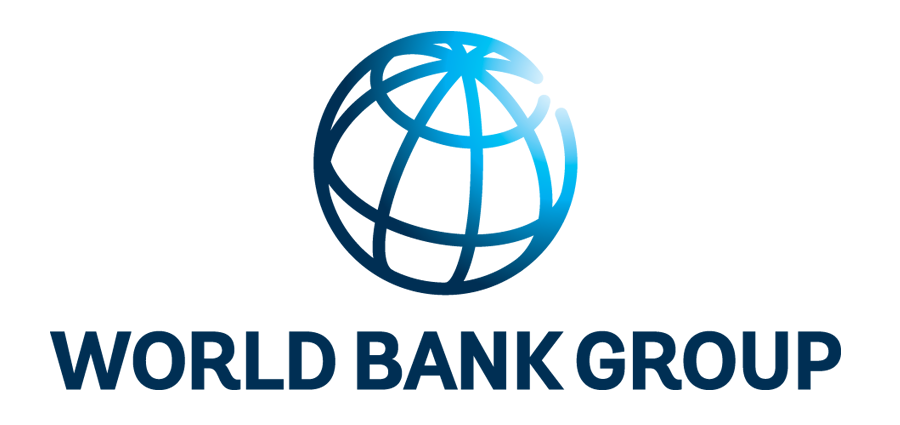SSATP and AfDB: Building a Sustainable and Inclusive Transport Future in Africa Together
The Africa Transport Policy Program (SSATP) reinforced its commitment to sustainable transport in Africa at the Africa Development Bank (AfDB) Transport Forum 2024. Organized by the AfDB, this was the bank’s second flagship event focused on advancing transport solutions across the continent. This year's forum, themed “Africa on the Move – Accelerating Sustainable Transport and Logistics Connectivity,” featured SSATP as a key contributor and moderator, underscoring the growing partnership between SSATP and AfDB.
The forum provided an opportunity for SSATP to contribute to three crucial sessions, reflecting its alignment with AfDB’s mission to develop inclusive and sustainable transport systems in Africa.
Session 1: Urban Mobility – Prioritizing People-Centric Transport Solutions

In the session titled “Cities: Switching to Low Carbon Mobility to Make African Cities More Resilient – Moving Vehicles vs. Moving People?,” SSATP’s Urban Mobility Pillar Lead, Simon Saddier, joined a panel of urban transport practitioners and academia advocating for transport policies that prioritize people over vehicles. Saddier emphasized that, without robust governance, expanding urban areas risk inefficiencies, congestion, and pollution.
Panelists emphasized the critical role of well-organized, accountable institutions in managing public transport systems at the metropolitan level. Such governance structures are essential for coordinating and overseeing public transport across city regions to ensure services are efficient, accessible, and resilient. Saddier and other panelists called for a metropolitan-scale approach that aligns transport planning with broader urban development objectives, helping cities grow sustainably.
The panel also underscored the pressing need to improve infrastructure for walking and cycling, as these remain the primary modes of transport for most people in African cities. Despite their importance, pedestrians often face inadequate infrastructure, such as unsafe crossings, poor sidewalks, and limited cycling lanes. The panelists advocated for prioritizing investments in non-motorized transport to enhance safety and mobility and promote healthier urban environments.
Lastly, the discussion highlighted the importance of integrating paratransit, or informal transport services, into formal multimodal transport systems. Panelists noted that paratransit fills critical mobility gaps in cities with limited formal public transport options. However, without effective integration, these services risk remaining fragmented and unreliable. They stressed the need for innovative solutions to professionalize paratransit operators and develop systems that allow seamless transitions between different transport modes, paving the way for sustainable, inclusive urban mobility across African cities.
Session 2: Road Safety for Youth and Women – Aiming for Inclusive Transport Systems
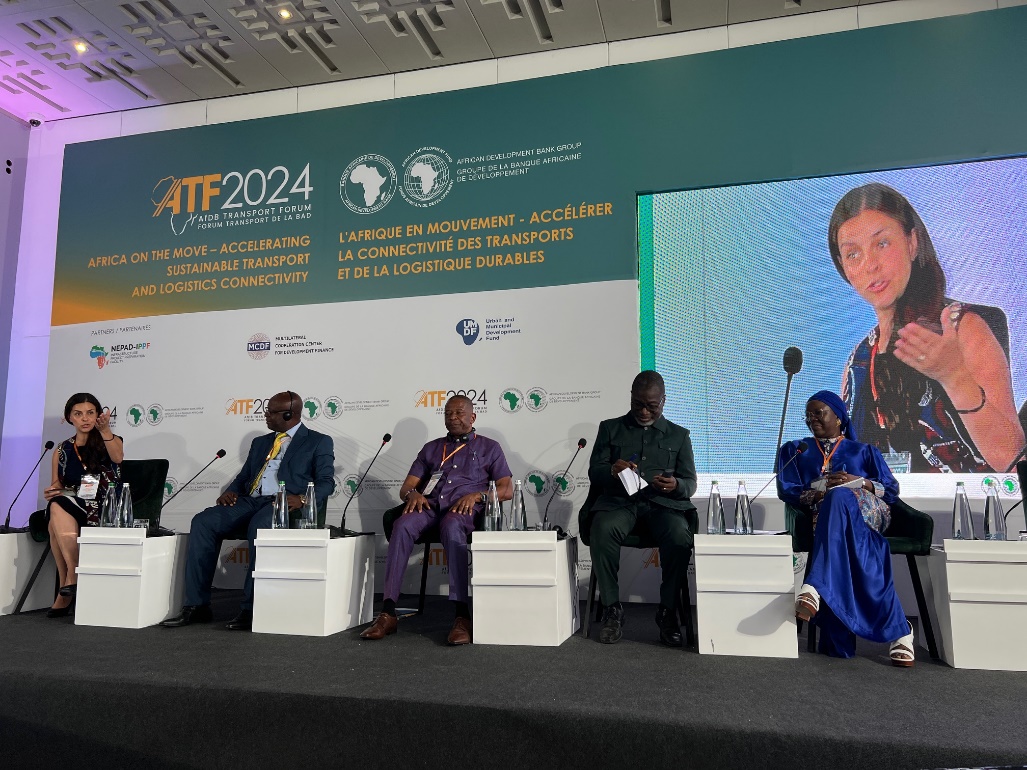 During the “Inclusive Transport, Road Usage and Safety: Youth and Women” session, moderated by SSATP’s Road Safety Pillar Lead, Marisela Ponce de Leon Valdes, participants discussed strategies for improving road safety across Africa, with a focus on vulnerable groups like youth and women. The session brought together stakeholders from government, the private sector, and various international and non-governmental organizations to explore multi-sectoral, evidence-based solutions for creating safer and more inclusive transport environments.
During the “Inclusive Transport, Road Usage and Safety: Youth and Women” session, moderated by SSATP’s Road Safety Pillar Lead, Marisela Ponce de Leon Valdes, participants discussed strategies for improving road safety across Africa, with a focus on vulnerable groups like youth and women. The session brought together stakeholders from government, the private sector, and various international and non-governmental organizations to explore multi-sectoral, evidence-based solutions for creating safer and more inclusive transport environments.
The panel identified five key areas for advancing road safety: defined road safety strategies, strong leadership and the role of lead agencies, promotion of active mobility, safe road design for all users, and the importance of partnerships. Panelists highlighted the need for coordinated efforts and early involvement of diverse stakeholders to ensure that road safety initiatives are sustainable and effective.
Discussions emphasized the role of technology and capacity building in addressing road safety challenges. Panelists from organizations like Roam and SCANIA West Africa shared insights on integrating environmental sustainability with road safety and developing capacity building programs with a focus on inclusion, while others, such as LAMATA and Securoute, discussed the importance of inclusive design and targeted interventions to improve road safety for all. Panelists agreed on the importance of coordinating efforts and leveraging a multi-sectoral approach to ensure the development of safer, more inclusive, and sustainable transport systems across the continent.
Session 3: Knowledge Day – Sharing SSATP and AfDB’s Knowledge and Expertise
On the final day of the forum, SSATP kicked off the “Knowledge Day,” facilitating a session attended by over 70 participants. SSATP’s Program Manager, Mustapha Benmaamar, presented the strategic directions of the SSATP Fourth Development Plan, highlighting its commitment to strengthening governance and institutional capacity in the areas of regional integration, urban mobility, and road safety across the continent.
Participants also had the opportunity to deep dive into the findings of the SSATP report, "Institutions in Motion: Learning from the Experience of Urban Mobility Organizing Authorities in Sub-Saharan Africa." Presented by Fatima Arroyo-Arroyo, SSATP’s Urban Mobility Pillar Co-Lead, the report outlined best practices for structuring metropolitan transport authorities and emphasized the need for aligning transport planning with broader urban development goals. The AfDB, in turn, presented concept notes for studies on the resilience of road networks, dry ports, the financing of rail projects and the liberalization of the air transport market.

SSATP and AfDB: A Growing Partnership for Africa’s Transport Future
SSATP’s active participation at the AfDB Transport Forum 2024 highlighted its growing collaboration with AfDB, a major strategic partner of SSATP. To further strengthen the partnership, SSATP shared its recent knowledge products that aligned with the forum’s themes. These publications—Status of Digitalization and Policy Impediments in African Ports, Toward a Data-Driven Understanding of Trade and Transport Corridors, Institutions in Motion: Learning from the Experience of Urban Mobility Organizing Authorities in Sub-Saharan Africa, and The Senegal Bus Renewal Program—offered in-depth technical insights that enriched the forum’s discussions and reinforced SSATP’s position as a thought leader in transport policy development in Africa. The AfDB, for its part, presented concept notes for studies on the resilience of road networks, dry ports, the financing of rail projects and the liberalization of the air transport market.
As Africa grapples with rapid urbanization, population growth, and increasing motorization, the need for safe, efficient, inclusive, and sustainable transport systems and services has never been more urgent. Tackling these complex challenges demands coordinated efforts that extend beyond any single organization. The strengthened partnership between SSATP and AfDB is essential in this context, uniting knowledge, resources, and a shared vision to transform Africa’s transport landscape. Together, AfDB and SSATP, along with other development partners, are paving the way for a promising future, ensuring that transport remains a vital pillar of sustainable development across the continent.

